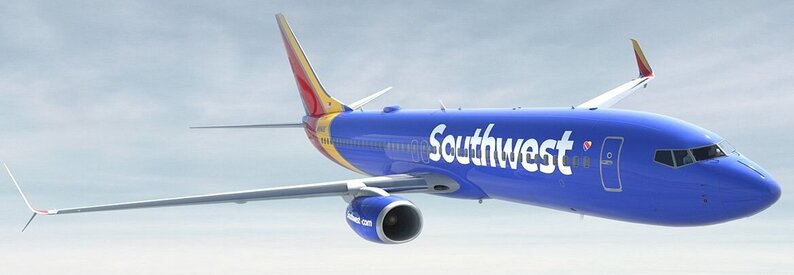Southwest Ends Free Checked Bags After Half a Century

Southwest Airlines will end its iconic “two bags fly free” policy on Wednesday, replacing the decades-old perk with fees of $35 for the first checked bag and $45 for the second for many travelers. The move, which applies to tickets purchased on or after the effective date, marks the first time in more than fifty years that Southwest will charge for standard checked luggage, aligning the carrier with industry peers that generated approximately $7.3 billion in baggage fees last year. Passengers who bought tickets before the change will retain their original two-bag allowance, but those booking the new no-frills Basic, Wanna Get Away Plus and Anytime fares will incur the new charges. The Basic fare, which also debuts Wednesday, mirrors the basic economy tickets offered by other airlines: it is non-refundable, offers the lowest price point, grants the last boarding group, and carries six-month travel credit expiration instead of the usual year. Southwest’s longstanding open-seating model will also evolve later this year, with seat assignments introduced for 2026 bookings and extra-legroom seats available for purchase, while the legacy Wanna Get Away fare is retired.
Some travelers will continue to enjoy complimentary baggage. Business Select ticket holders and top-tier A-List and A-List Preferred members in Southwest’s Rapid Rewards program maintain their two free checked bags. Additionally, customers who pay with a Southwest co-branded credit card and travel companions on the same reservation can check their first bag without a fee, effectively preserving a primary benefit of the airline’s travel rewards cards, which carry annual fees of $69 to $199. Rapid Rewards members who achieve A-List Preferred status will receive both free bags plus other perks, while A-List customers secure a free first bag.
The policy overhaul follows months of pressure from Elliott Investment Management, which won five board seats after acquiring a stake in Southwest last year and advocated ending free checked bags, introducing change fees and adopting seat assignments to boost revenue. Southwest executives, including CEO Bob Jordan, maintain that the changes will help the carrier modernize its business model without driving away customers. After announcing the policy in March, Jordan told CNBC that no measurable drop in bookings has occurred, and that the airline expects many guests to shift from checked baggage to carry-ons, which remain free. To accommodate busier overhead bins, Southwest is retrofitting its Boeing fleet with larger luggage compartments and equipping gate agents with mobile bag-tag printers to streamline the check-in process.
Passengers have responded vocally on social media, often expressing frustration at the end of free bags, but the airline insists that the updated approach balances customer choice and ancillary revenue needs. Southwest’s network operations, plagued last spring by staffing shortages, runway construction and weather delays, may benefit from reduced checked-luggage volumes, potentially easing baggage-handling bottlenecks. As the carrier phases in seat assignments and basic fares, travelers will adapt to the new lineup of ticket classes—ranging from Basic to Business Select—and adjust their packing strategies accordingly. While loyal Southwest flyers may miss the days when two bags always flew free, the airline’s leadership argues that these changes are necessary to maintain competitive fares and service quality amid rising operational costs. As Wednesday’s fees take effect, the industry will watch to see whether Southwest’s blend of exceptions, carry-on incentives and loyalty perks can preserve customer satisfaction while bolstering the airline’s bottom line.
Related News : https://airguide.info/?s=Southwest
Sources: AirGuide Business airguide.info, bing.com, cnbc.com
